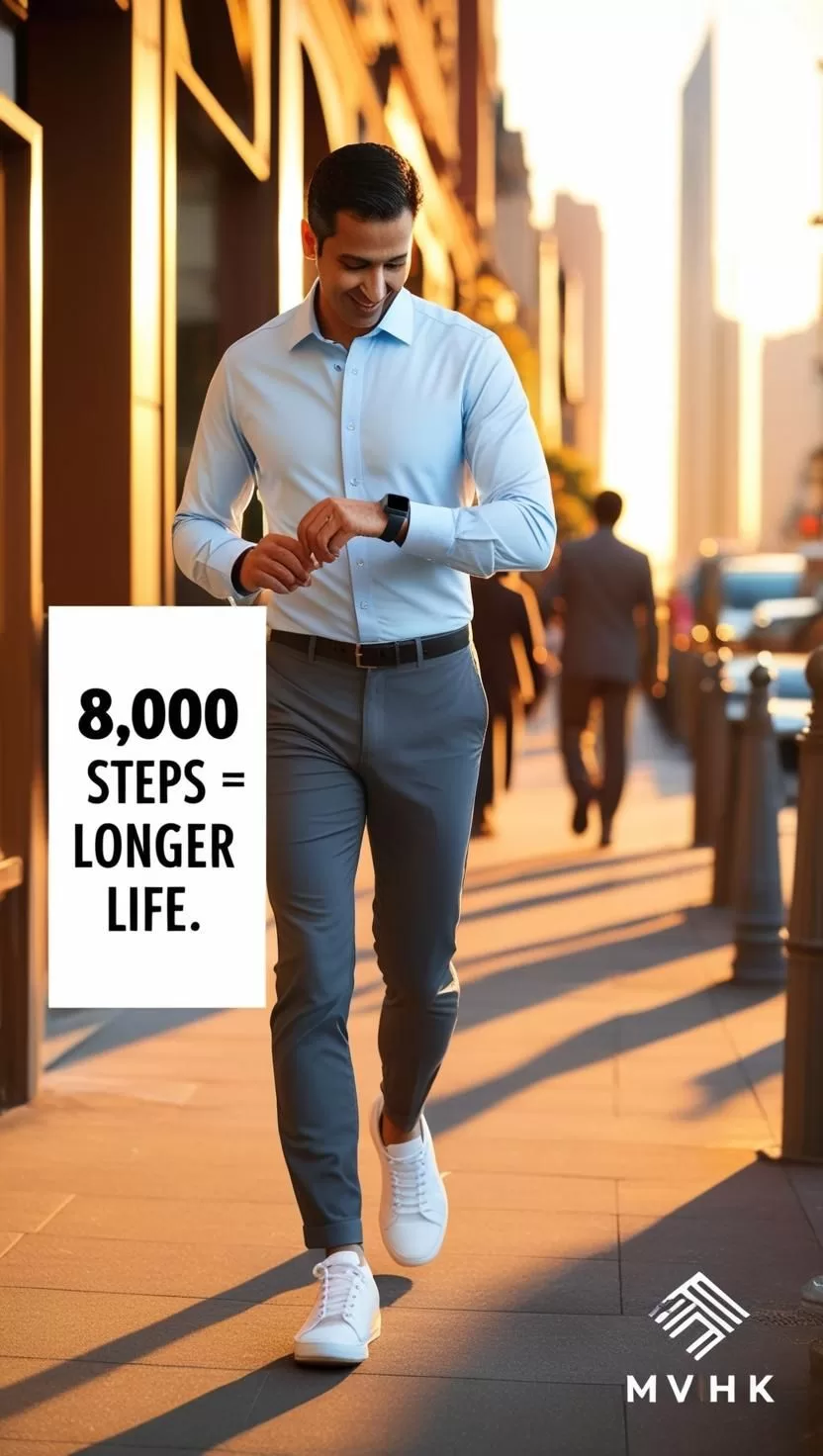Exercise Doesn’t Burn Extra Calories: The Truth About Your Body’s Fixed Energy Budget
Modern life glorifies hustle, sweat, and calorie burn. But a growing body of science challenges this long-held belief—suggesting that the body doesn’t spend more energy when we exercise. Instead, it reallocates it.
The key term here? Constrained energy model—and it’s transforming how we understand metabolism, exercise, and total health.
1️⃣ The Calorie Burn Myth: Why More Movement Doesn’t Mean More Energy Use
🔍 What Is the Constrained Energy Model?
Traditional models assumed more physical activity = more calories burned. But research led by Dr. Herman Pontzer at Duke University shows that our bodies have a cap on daily energy expenditure, regardless of activity level.
- According to Pontzer’s study published in Current Biology, people who exercised intensely burned only marginally more total calories than moderately active peers.
- Your Total Daily Energy Expenditure (TDEE) adjusts over time to keep your energy budget in check.
“Your body reallocates, not amplifies, energy.” — Dr. Pontzer
🧪 Where Does the “Saved” Energy Come From?
When you exercise, your body offsets the extra energy by pulling from:
- Immune function 🛡️
- Hormone production ⚖️
- Reproductive health ♀️♂️
- Cellular repair and regeneration 🔬
This adaptation helps maintain homeostasis—the balance necessary for survival.
2️⃣ What Happens When You Overtrain or Under-Eat?
😴 Chronic Fatigue and Immunosuppression
Over-exercising while under-eating can lead to:
- Increased susceptibility to colds and flu
- Sluggish recovery from workouts
- Irregular sleep patterns and irritability
📚 A study in The Journal of Sports Sciences found athletes in high-load training blocks showed depressed immune markers, even while appearing fit.
🧬 Long-Term Cellular Tradeoffs
Instead of using energy for repair, the body diverts it toward movement. Over time this may:
- Age cells faster
- Increase inflammation
- Disrupt hormonal rhythms
💡 This is why balance beats burnout in health outcomes.
3️⃣ Why Exercise Is Still Essential—But Not for “Burning Calories”
✅ Mental Health & Cognitive Boost
Exercise boosts neurotransmitters like dopamine and serotonin, which:
- Improve mood
- Enhance focus and productivity
- Reduce anxiety and depressive symptoms
🌟 Even 20 minutes of moderate movement can yield benefits—without requiring metabolic overdrive.
🫀 Cardiovascular & Longevity Gains
While exercise doesn’t “burn more,” it reshapes your:
- Cardiovascular resilience
- Insulin sensitivity
- Muscle-to-fat ratio
This translates to longer healthspans, not just slimmer waistlines.
✅ Conclusion: How to Get Started Today
Forget calorie obsession. Shift toward smart movement and whole-body balance:
- Exercise for function, not fat loss.
- Balance stress and rest.
- Eat to fuel repair, not just energy.
- Track health by how you feel, not by weight.
Start small:
- 20 minutes of brisk walking daily
- Bodyweight training 3x/week
- Mindful eating, not calorie counting
❓ FAQ
❓ Does exercise help with weight loss at all?
Yes—but indirectly. It improves insulin sensitivity and lean muscle mass, which can support fat loss when paired with appropriate nutrition.
❓ Why do athletes eat so much if exercise doesn’t burn extra calories?
Elite athletes push the metabolic envelope temporarily. But even they reach a ceiling and rely on precise recovery strategies to balance internal strain.
❓ Is walking enough if exercise doesn’t boost calorie burn?
Absolutely. Walking improves mood, joint health, and cardiovascular endurance—without triggering energy reallocation tradeoffs.
PubMed: Exercise and Immune Function






